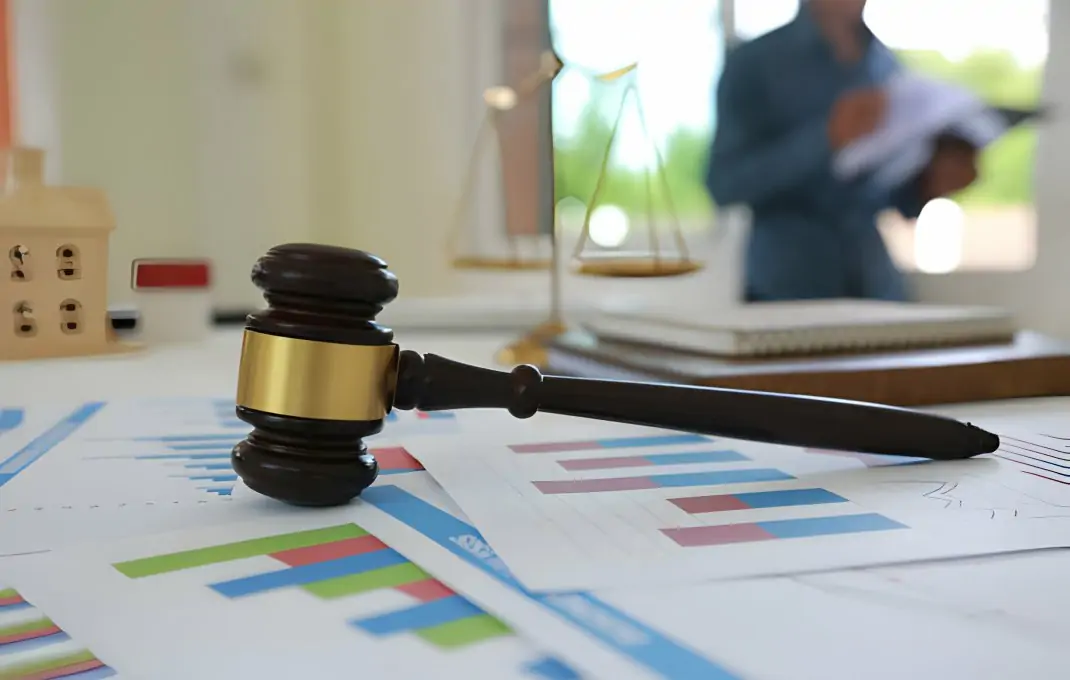Navigating the legal system, especially in a criminal case, can feel like a huge challenge. What factors contribute to a successful criminal case evaluation?
Knowing the nuances of the legal framework is not only beneficial but essential. In this blog, we dissect the key elements that underpin a thorough case evaluation.
By illuminating key legal aspects and their interactions within the legal framework, we aim to offer clarity and guidance. Let's explore the foundational steps toward achieving justice in the legal arena.
Understanding the Charges
Understanding the charges is the first critical step in any criminal case evaluation. It involves digging deep into the specifics of what the accused is alleged to have done. Each charge carries its own set of legal definitions, potential penalties, and defenses.
Knowing the charge helps in strategizing the defense. It unveils what the prosecution must prove.
This knowledge directs the defense's focus. It could mean the difference between a plea bargain and a trial.
Charges guide the legal battle. They set the stage for all that follows in the courtroom. Fully grasping the charges lays the groundwork for an effective legal response.
Analyzing the Evidence
Evidence analysis is paramount in any criminal case. It involves scrutinizing the material collected by the prosecution and defense. Evidence analysis requires examining the relevance, authenticity, and integrity of the physical or digital proofs presented.
In this phase, the defense assesses how evidence can incriminate or exonerate the accused. Evidence analysis often identifies flaws in the prosecution's case. It can uncover procedural errors or biases in evidence collection.
Through rigorous evidence analysis, the defense crafts strategies. It determines which evidence to challenge and which to support. Deciphering the strength of the evidence impacts the course of the case.
Every piece of evidence undergoes critical evaluation. This careful analysis forms a core pillar of crafting a robust defense.
Identifying Legal Precedents
Identifying legal precedents is a crucial step for any criminal lawyer. Legal precedents provide a basis for predicting court decisions.
A criminal lawyer must research relevant case law. This research guides strategy. It highlights past successes and failures.
Understanding precedents helps a lawyer frame arguments. It shapes the defense's narrative. Legal precedents serve as a roadmap.
They give insights into judicial thinking. A criminal lawyer uses these insights to build a stronger defense. Precedents influence plea bargaining and trial strategies.
They are key in formulating legal arguments. Every criminal lawyer relies on precedents. They are the foundation of informed legal practice.
Assessing the Credibility of Witnesses
Assessing the credibility of witnesses is a vital step. Witness credibility can greatly influence a case. A credible witness can strengthen a defense.
Questioning credibility can weaken the prosecution's case. Lawyers scrutinize each witness's background. Facts like past criminal records are considered.
Behavior on the stand is analyzed. Does the witness seem confident or nervous? Consistency in statements is crucial. Witness credibility isn't just truthfulness but also perception.
How the jury sees a witness is crucial. Reliable witnesses strengthen a case, influencing judgments. Each witness undergoes rigorous evaluation, shaping the defense or prosecution's strategy.
Evaluating the Defendant's Background
Evaluating the defendant's background is critical. This step reveals vital information. It aids in understanding the defendant's actions.
Background checks reveal past criminal records, exposing patterns. A clean history can benefit the defendant, backing claims of good character. A troubled past may pose challenges.
Yet, it can also show a need for rehabilitation. Social ties are crucial. Strong family or community connections may influence sentencing.
Employment history is assessed for stability. Education level is also taken into account. It may impact the defendant's understanding of the law.
Evaluating the background provides a comprehensive view. It shapes defense strategies and humanizes the defendant. This step is vital in case evaluations.
Considering Possible Defenses
Considering possible defenses is a critical phase in preparing for a criminal case. This step involves a deep analysis of the facts against the legal background. It requires creativity and legal insight.
Defenses can range widely, from proving an alibi to arguing self-defense. Sometimes, the defense might focus on the legality of evidence acquisition. Consent, provocation, or insanity are other possible defenses.
Each defense is tailored to the specifics of the case. It's about finding the best legal angle. This stage demands thorough legal knowledge and strategic thinking.
The chosen defense can change the case's direction. It's about crafting a narrative that fits the facts and law. Considering defenses is about protecting the defendant's rights. It's a crucial step towards justice.
Understanding the Prosecution's Strategy
Understanding the prosecution's strategy is vital. It's about knowing the opponent's moves. The prosecution aims to prove guilt beyond a reasonable doubt.
They gather evidence, emphasizing what supports their case. They focus on witness credibility. Reliable witnesses boost their arguments.
The prosecution outlines a sequence of events, tying the defendant to the crime. They expect defenses, and preparing counterarguments is key. They assess the defendant's background.
A troubled past can support their narrative. Knowing the prosecution shapes the defense's approach in a chess game of strategy. Every move matters for a fair trial.
Determining the Viability of Plea Bargains
Determining plea bargain viability is crucial. It involves:
- negotiation skills
- case details
- legal system comprehension
They can reduce sentences and lead to lesser charges, demanding careful analysis. Lawyers assess evidence strength and trial potential. They consider the defendant's goals; some seek quick resolution, others to clear their name.
Prosecution's negotiation willingness matters, informed by historical data. Plea bargains offer controlled risk as strategic moves, but not all cases fit.
Assessing plea bargains is key to finding the best path forward. It affects the case's direction.
Discovering the Elements of a Successful Criminal Case Evaluation
A successful criminal case evaluation is the backbone of an effective legal strategy. It demands a meticulous examination of evidence, charges, and legal precedents. Understanding the prosecution's strategy and assessing the credibility of witnesses is pivotal.
At its core, case evaluation shapes the legal narrative, guides defense tactics, and influences the viability of plea bargains. Every step, grounded in strategic legal thinking, aims to ensure justice.
Thus, thorough case evaluation can alter the course of a trial. It makes it indispensable in the legal of defense.
Did you find this article helpful? If so, check out the rest of our site for more informative content.























